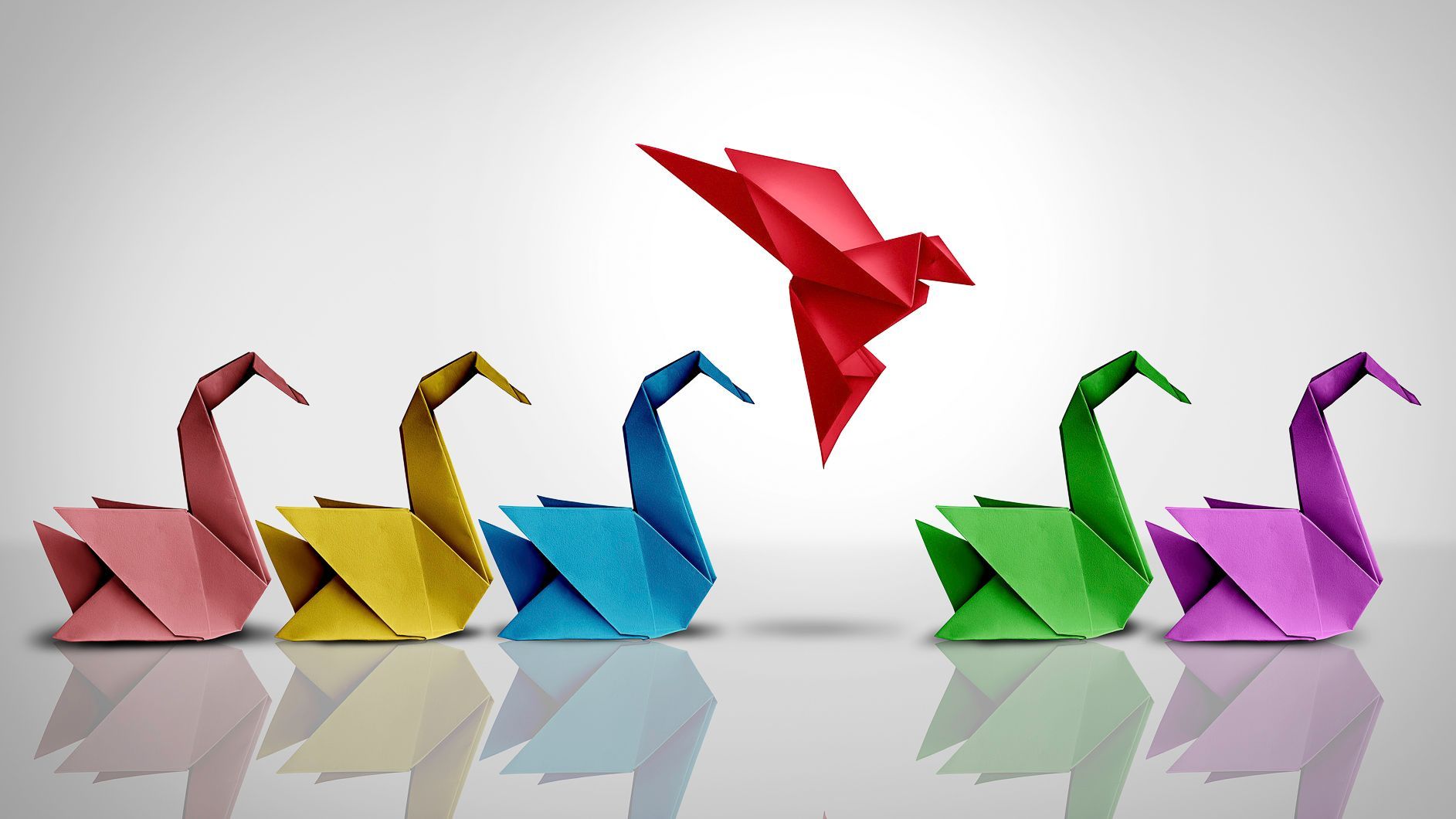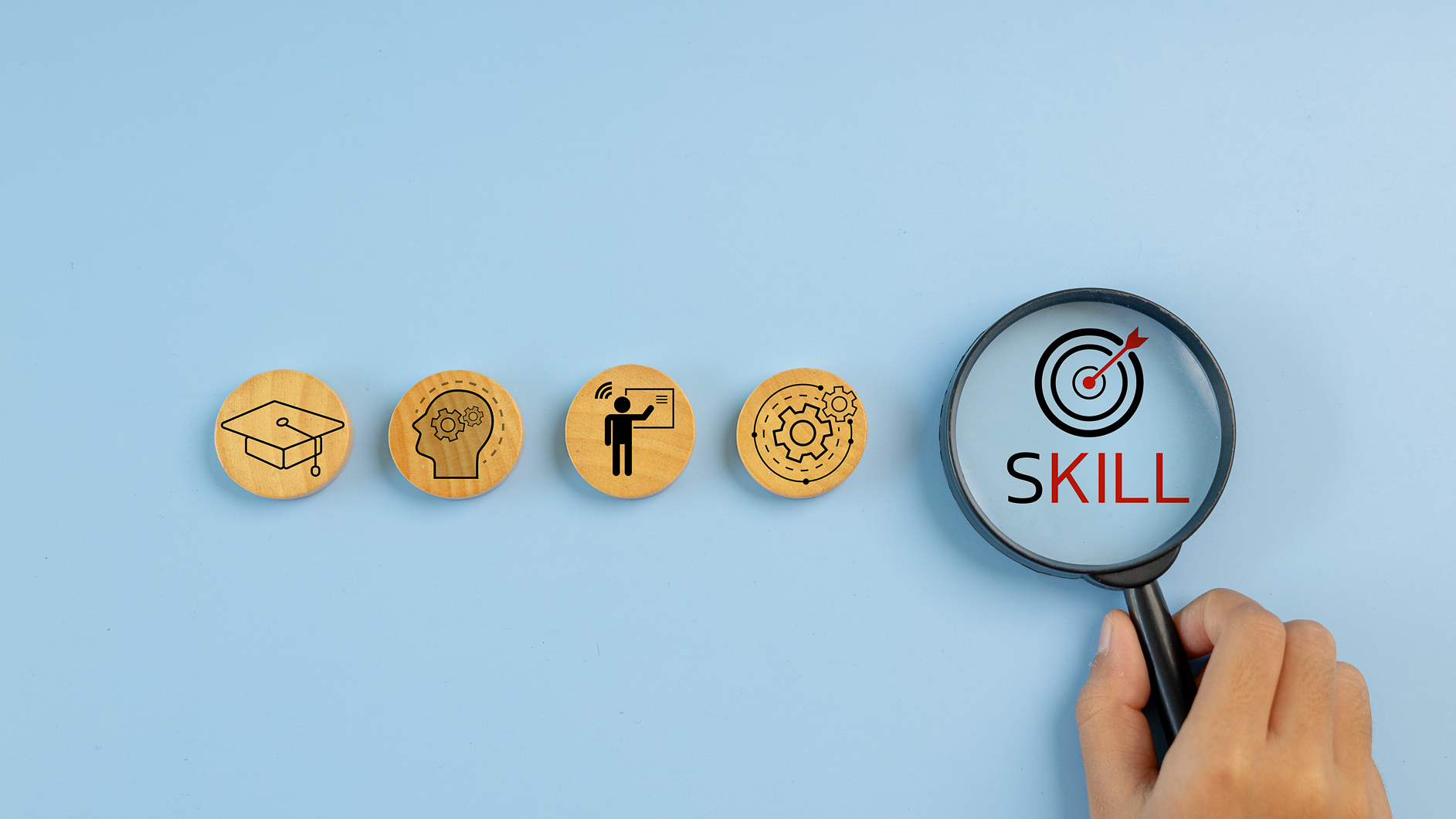It’s been a challenging 12 months for both employers and employees, with COVID-19 significantly impacting our personal and professional lives. Lockdown across the country created challenges regarding mental health, virtual collaboration created online fatigue, and many employees were forced to juggle professional and personal commitments while working from home. That’s not to say there were not also benefits, with many people enjoying the flexibility of remote work and experiencing enhanced productivity due to less distractions.
Now, Australia is beginning to move into “the new normal”, making it the ideal time to create a mental shift from the challenges of 2020 to the potential of 2021. This change from a “surviving” to “thriving” mentality is one that will require a level of reflection, something many employers and leaders don’t always take the time to do, or they don’t know where to start.
At its simplest, reflection is about careful thought, however the most valuable kind of reflection for leaders involves conscious consideration and analysis of beliefs and actions for the purpose of learning. Chances are, there are a significant amount of learnings you can take away from 2020, but unless you really stop consider these, create meaning from them and determine how they will inform future actions, it will be a lost opportunity.
In the study “Learning by Thinking: How Reflection Aids Performance”, it was found that reflecting on what you’ve done improves productivity by 23 percent, and is more beneficial than simply acquiring new experiences without the same level of reflection.
Here are some ways to begin utilising reflection to help you be more effective in the coming year.
Inspire positivity
It was a challenging year for employers and employees, so it’s natural that there would have been feelings of uncertainty, sadness and anxiety within teams. This is a good time to reflect on just how this impacted on not only you, but your teams and organisation as a whole. Was there reduced productivity, creativity and engagement?
Research from Barbara Frederickson and Marcial Losada identified the impact that positive emotions have in broadening people’s creativity and thinking and enhancing performance in an organisational setting. Known as the Losada ratio, high-performing teams exhibited a positive-to-negative ratio of at least four to five positive comments to one negative comment. Conversely, negative emotions are known to reduce the brain’s ability to learn, take in new information, and engage in rational, lateral and creative thinking and cognitive agility.
With this in mind, now is the time to reflect on how you may be able to harness positive emotions to uplift yourself or your team in order to increase productivity, engagement and creativity. Consider the actions you could put in place, or those you could do more effectively, that would result in a positive outcome. This could include brainstorming some ways in which employees can be recognised for their hard work and success, celebrating the small wins with your team in some way, or simply aiming to achieve a better positive-to-negative comment ratio in your workplace interactions.
Hold onto the good
As mentioned previously, despite it being a year filled with disruption and uncertainty, there’s no doubt some good was borne from the rubble that was 2020. Perhaps you were able to achieve greater work life balance, picked up a new skill that was required or were able to work more effectively in a less distracting workplace.
It’s easy to assume we will naturally hold on to these positive elements, however without careful reflection on how you can actively continue to action these throughout 2021, chances are they will be forgotten amongst the typical routine of your work week.
Privately write down those changes in your professional (and perhaps personal) life or activities you felt benefited you and your organisation. Then discuss this with your team and cross-reference. Think about how you can maintain these positive outcomes or how they may need to be tailored in your organisations current circumstances. For example, if some of your team experienced greater productivity while working from home due to less distractions, perhaps it is possible to find them a quieter area of the office. Perhaps while working from home you used your commute time to practice mindfulness instead, so on return from the office you could do this on the way to work, or for 10 minutes during your lunch break.
Ultimately, this will look different for every organisation and individual, as everyone will have experienced their own personal pros and cons throughout the year.
Let go of the bad
Working from home, long conference calls and being able to work in your pyjamas all day – there’s bound to be a few bad habits that were picked up in 2020. It is important to recognise these and either write them down or voice them to a colleague. Without openly acknowledging these behaviours and how they hindered your progress, it’s often difficult to make positive change.
Write down those things which you felt hindered your personal productivity and what behaviours you could substitute these with instead. For example, if you felt you didn’t dedicate enough time to communicating with your team due to an increased workload, perhaps set yourself a goal of touching base with at least one of them each day.
It may also be a good idea to get employees to reflect on such things as well, as there’s no doubt some of them will have behaviours they’d like to let go of which aren’t serving them.
Take time to energise yourself by winding down
Though there are only so many hours in a day, the amount of energy we have to effectively complete tasks and achieve is not. Throughout 2020, you may have found yourself becoming burnt out, working from home until 9pm or just generally becoming overwhelmed at the amount of work coupled with the emotional effects of a global pandemic. All of this may have left you feeling depleted and exhausted.
Studies have shown leaders who take time to rest and re-energise themselves go to work in a more positive frame of mind and are more energetic throughout the day. This in turn has a more beneficial impact on their teams. The same research states that leader’s sense of self is closely tied to their leadership role and they care about being successful in this role. For this reason, those leaders who reflected for a few minutes in the morning to think and write about three things that they like about themselves and that make them a “good leader” subsequently felt less depleted, more engaged, and they reported having a positive impact on their teams. These effects lasted until the evening, suggesting that leaders felt more positive at home too.
To emulate this, reflect on the ways in which you can re-energising yourself. For example, if you are continuing to work from home perhaps you ensure you’re turning your computer off no later than 6pm. You may also like to write down three things that went well that day at work and reflect on how that can be replicated again.
Set short-term goals
As well as being a time for reflection, January is often associated with resolutions and goal setting. However, though it appears as though Australia is through the worst of the pandemic, we still find ourselves looking down the barrel of another year filled with uncertainty, with many industries undergoing recovery and organisations needing to adjust and recover.
During such times it can be quite overwhelming to set long-term goals, given there is no guarantee how 2021 will play out or what might be possible to achieve given certain restrictions. For this reason, it will be important to set achievable, short-term goals and reflect on these monthly or quarterly. Having something you can work towards in the not-too-distant future will enable you to take strategic action towards your goals that feels manageable as well as keep you motivated. By reflecting on these regularly, you will be able to make adjustments to these in a way that is suited to the changing environment.
As well as professional goals, aim to establish some personal goals as well. You will likely find that personal goals are something that you have much more control over, whereas in the case of professional goals the power to action them is sometimes taken out of your hands during times of instability. Having some personal goals in place will allow you to maintain a level of motivation and feeling of accomplishment, in turn increasing your positivity and engagement.



